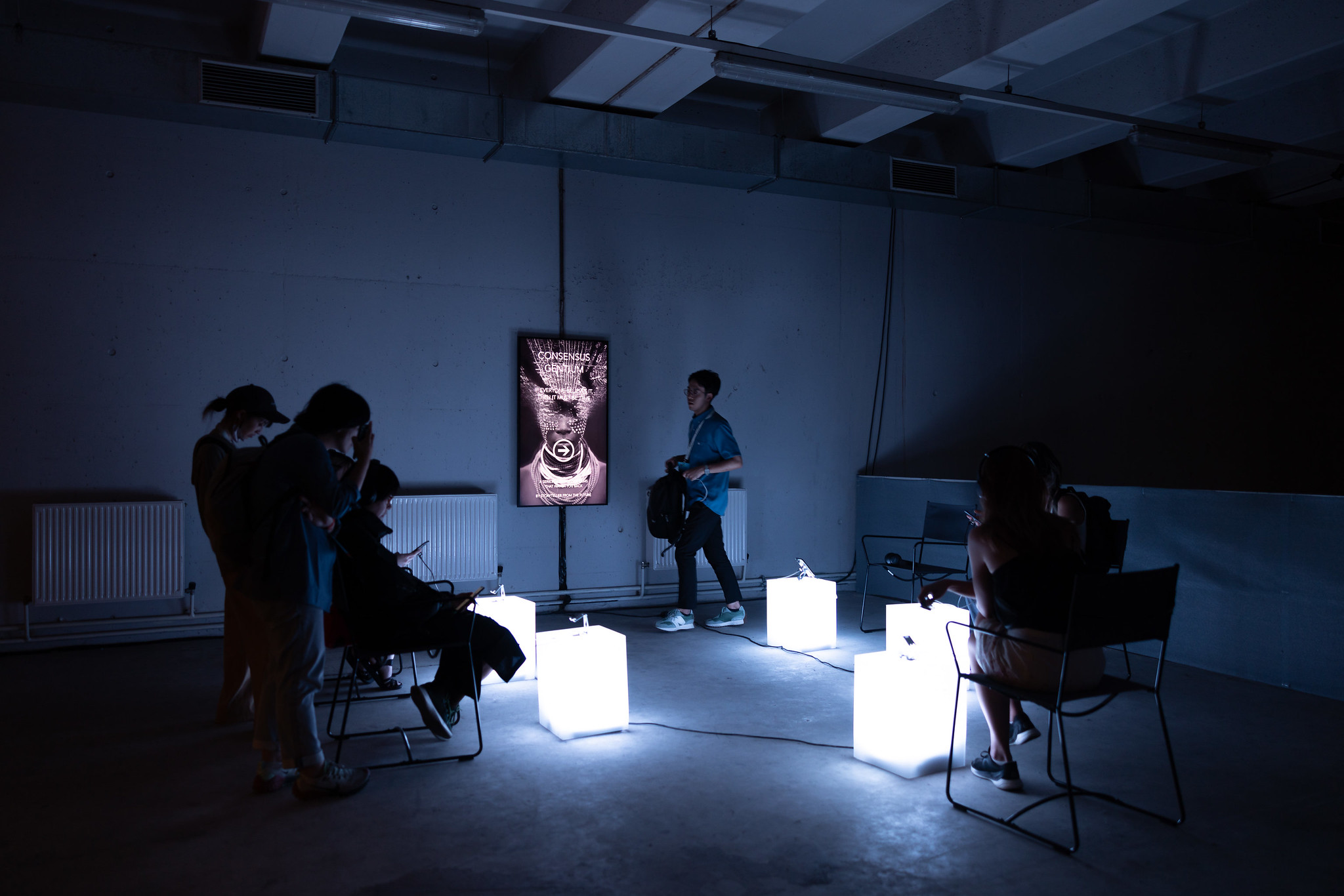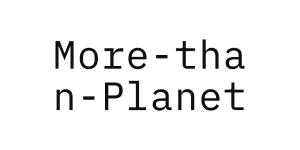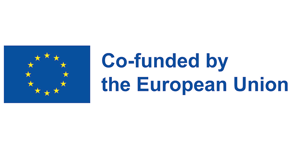Consensus Gentium is an interactive artwork for iPhone about surveillance and algorithmic bias that monitors you back via AI-driven facial recognition technology. The artwork is set in a near future where AI bias runs rampant in a surveillance state. The audience interacts with the narrative via a smartphone, ultimately revealing the frightening potential of today’s surveillance technologies. The project harnesses the facial detection technology available in all smart devices and uses machine learning to create a new type of narrative experience. As the audience switches between apps, they uncover a world of surveillance and algorithmic bias masquerading as smart technologies. But they are subconsciously impacting the story as their reactions are measured by the devices’ camera.
Consensus Gentium encourages debate about data privacy, algorithmic bias and enables audiences to become aware of their subconscious behaviors, to take control over their data and ultimately their lives. The project is being developed in consultation with computer scientists, techno activists and neuroscientists to create a world that is more science fact than science fiction.
Credits
Executive Producers: Lizzie Franke & Kristin Irving (BFI)
Producers: Tom Millen, Thalia Mavros, Jackson Lapsley Scott, Tuyet Huynh
Technical Developers: Tom Shannon & Ahmed Buttar
Cinematographer: Anthony Gurner
Editor: Jack Foster Production Designer: Tom Paris
Sound Designer: Gareth Fry
Music: Cesare Marchese, Colin Emmanuel
Principal Cast: Miriam Teak-Lee, Zachary Hing, Tolu Kingba
This project is presented in the context of the More-than-Planet project co-funded by the Creative Europe Programme of the European Union.
Karen Palmer (GB)
Karen Palmer is a storyteller from the future. An award-winning international artist and TED Speaker. She creates immersive film experiences that watch you back using Artificial Intelligence and Facial Recognition, enabling participants to experience the future today. Immersing them in a near future world of bias A.I. and surveillance. As an international speaker she highlights the potential impact of artificial intelligence from a social justice perspective and the necessity to democratize AI.





